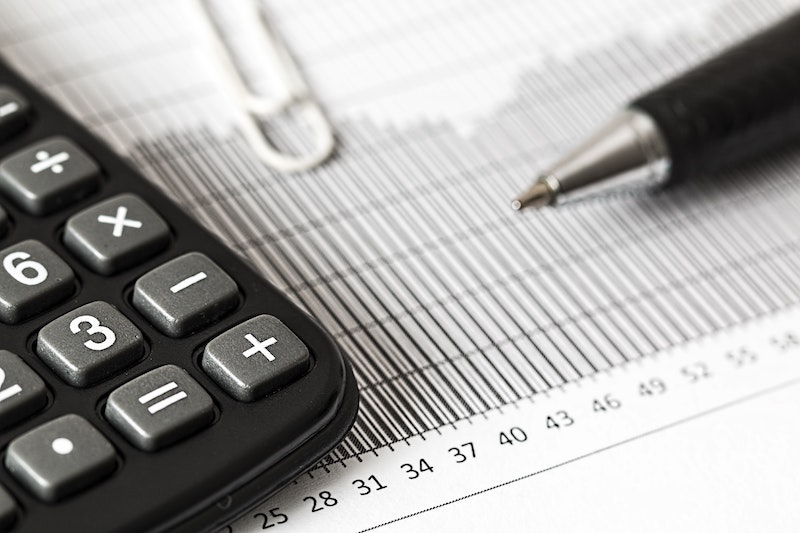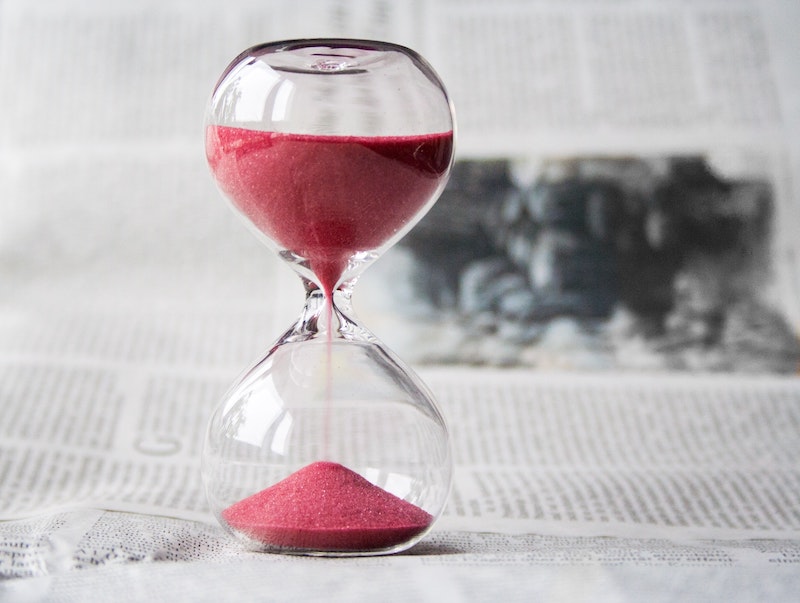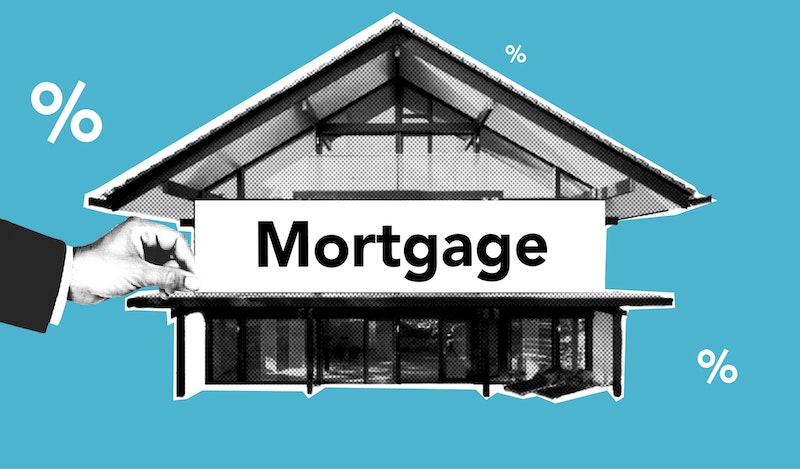Mortgage repayments are paid off over a number of years, the exact amount of which will be agreed upon before entering a mortgage contract.
How Do I Repay My Mortgage?
In order to buy a property, the majority of people will look to take out a mortgage. In the initial stages, in order to purchase the property, they will put down a deposit and then fund the rest with a mortgage from a lender.
The amount that the mortgage will cost will depend on the following factors:
- The amount of deposit you have put down
- The term of the mortgage
- The the interest rate
All of this will help to determine how much you are paying per month, and for how long you will pay until you reach the end of the mortgage term.
How Are Mortgage Repayments Calculated?
You will need to pay off two parts of the mortgage: the “capital” (also known as the principal) and the interest. If you have taken out a repayment mortgage, the monthly payment will be a combination of these two parts.

For example, if you have borrowed £200,000 over the course of 25 years, with a 3% interest rate, you will need to pay off a total of £284,478 over 25 years. Therefore the total payment will be divided by 300 (the number of months in 25 years) and that will be the amount you pay back per month (£948).
However, if you have taken out an interest-only loan, you will pay monthly instalments of just the interest (total amount divided by the number of months in the loan term), and pay the full amount of capital at the end of the loan term.
Do I Need To Do Anything at the End of My Mortgage Term?
Mortgages are paid off in monthly instalments and, for that reason, there is nothing specific you need to do at the end. However, you might need to carry out small administrative tasks such as requesting a copy of your Title Deeds from the Land Registry.
Experts also highlight the need to have a sufficient home and contents insurance policy in place.
What Happens at the End of a Repayment Mortgage?
Before any mortgage is secured, terms will need to be agreed between the borrower and the mortgage provider. This will include the amount of the mortgage, the interest rate, the monthly repayment plan and the duration of the loan. Both parties agree to uphold their end of the arrangement and affordability checks are carried out at the start to ensure that this plan can be met.
A typical mortgage is repaid over 25 years but will depend on the specific loan terms you have with your particular lender. At the end of this term, the borrower will need to have repaid the full amount of the mortgage plus any interest.

After this, the mortgage holder will officially own the property and has full flexibility with what they do with it.
It is possible that the mortgage repayment will not be made in the specified loan term; this could be due to overpayment in the past leading to a faster payoff or, alternatively, inability to meet certain payments meaning a mortgage extension.
What Happens When an Interest-Only Mortgage Ends?
Interest-only mortgages are becoming less and less common and, as the name might suggest, involve monthly repayments of just the interest. That means at the end of the agreed term, you will need to pay the full amount of the capital in one big lump sum.
This can be done using savings, investments or inheritance. Another alternative is selling your house or getting a new mortgage deal in order to make this an affordable option. The option to sell is especially relevant if your home has increased in value since its initial purchase.
If you cannot pay back your interest-only mortgage, for whatever reason, you should speak to your lender as soon as possible to see if they can make any provisions.
Another option could be switching to an alternative mortgage type (a repayment mortgage) with your current lender to introduce the concept of monthly repayments and make the mortgage more affordable. You can also choose to switch only a part of your mortgage to repayment.
Can I Repay My Mortgage Early?
The majority of mortgage agreements offer some flexibility when repaying mortgages earlier, with different options available depending on the provider. Here are some of the possible ways you could repay your mortgage early:
Refinance Your Mortgage
Refinancing your mortgage to achieve an earlier repayment is only a logical solution if you can get a lower interest rate. The option to refinance usually comes with associated fees so you need to make sure that this is actually logical from a cost point of view.
It is also possible to refinance to gain a shorter-term loan which will also mean that you are paying off less interest in the long run.
Make Extra Mortgage Payments
Rather than monthly payments, you can speed up the pay off process by making biweekly mortgage payments or an additional payment per month. Overall this leads to 13 months of mortgage payments annually instead of 12 meaning that you are reducing the length of time you will be paying off your mortgages.
The other option would be to pay more in each monthly instalment meaning that you can make a greater dent in the total amount owed.
Recast Your Mortgage
When you recast your mortgage, you keep your existing loan but pay a lump sum towards the principal. Following this, your lender will adjust the amortisation schedule resulting in a shorter loan term. This can work out as a cheaper option as it incurs lower fees than refinancing.
Make Lump Sum Payments
Whenever you have more money accessible, you can make lump-sum payments to your principal. For example any work-related bonuses, inheritance or even the sale of valuable personal items can provide funds which can be used as extra cash to advance your mortgage.
You can check with your mortgage provider that you are able to do this and will need to specify that you want to apply the lump-sum payments to be put towards the principal. This could be a good option for avoiding the associated fees of refinancing or recasting.
